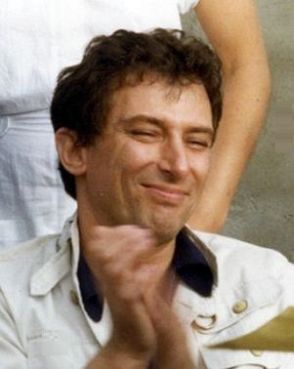|
I gradually became interested in the paths to enlightenment in my mid-teens. The culture and the conversations of that time brought many of them to my attention: the yogic paths, the psychological paths, the religious paths, the Zen paths, etc. All of them lead somewhere, someplace good, someplace similar even if couched in different terms. Each have unique disciplines and practices. Each epitomizes a grand tradition of the world. Each has been going for centuries. Each has enormous dignity. Combined, they all represent what's great about being human: our knowing we can (and our striving to) improve ourselves.
While each path is unique, the belief embodied in each of them is quite similar. It is this: with practice comes enlightenment. Whatever enlightenment is, it goes by various names depending on its path: samadhi, self-actualization, salvation, satori etc. There's another belief embodied in each of them which is also very similar. Yet at the same time it's pernicious, all pervasive, un-questioned. It's the belief samadhi, self-actualization, salvation, satori etc can't happen without practice and discipline. It's a fixed belief that enlightenment is something we don't yet have ... and someday we will get it. But for now ... this isn't it.
Arguably the contribution of Werner's work is to challenge the assumption that this isn't it. It's more than that actually: it is to violate this assumption. It's to violate our certainty that the way it looks, feels, and plays right now could not possibly be enlightenment. Setting this belief aside opens the doors for possibility. There never was anything but this. There never will be. This is it. What's in the way isn't some arduous path to traverse. What's in the way is capriciously believing "this isn't it".
Listen to what we say about enlightenment. You'll often hear us suffix a clause when we use the word "enlightenment". We'll say something like "... enlightenment ... or whatever you want to call it: samadhi, self-actualization, salvation, satori etc ...", yes? The contents of that suffix clause ie these particular ways of casting however enlightenment is known, muddy the water and prevent us getting clear about what enlightenment really is. There is only one suffix clause worth adding when we talk about enlightenment, and it works like this: "... enlightenment ... or ordinary everyday life ...". This is it. When you get it, you get enlightenment's the beginning of the path, not its end. You could then say the next thing to do is completely drop the belief that there's a path to get it in the first place ... and the experience is complete.
